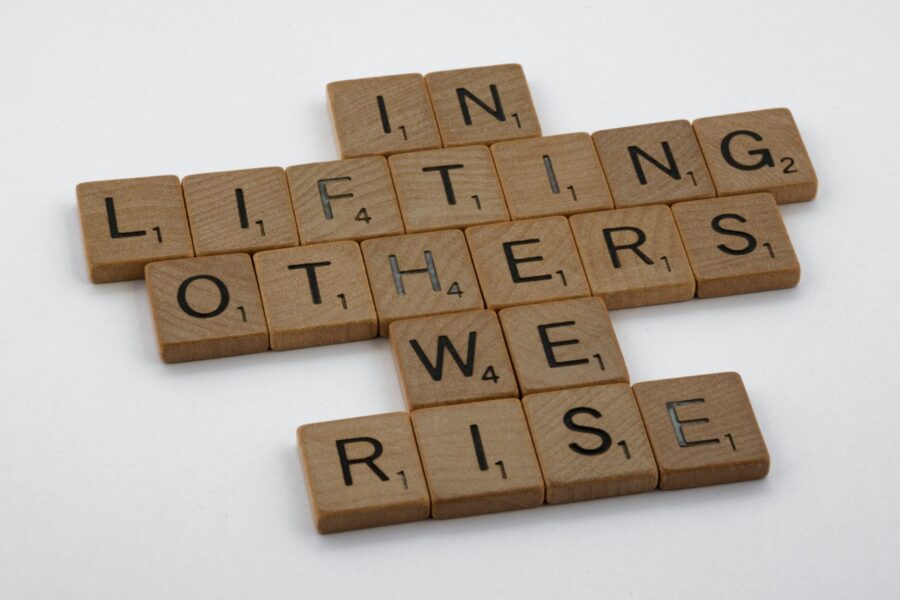Doing Good Makes You Feel Good – It’s Science
You may have noticed that being kind toward others is highly rewarding, almost addictive. Doing good actually makes you feel good. There’s a scientific reason for that – in fact, there are several.
An article on Goodnet.org enumerates the benefits of doing good, and the science behind it.
Doing good decreases stress.
Giving back decreases blood pressure, and the effects last over time. A 2013 study showed that adults 50+ who volunteered four or more hours a week were 40% less likely to have developed hypertension four years later.
Generosity has similar effects. Cortisol is a naturally-occurring stress hormone. A 2010 study showed that “the less money people gave away, the higher their cortisol levels.”
Doing good increases life expectancy.
Believe it or not, practicing giving, unselfish acts is linked to a lower risk of early death, according to researchers at the University of Buffalo. People in the study who tangibly assisted others (running errands, babysitting, etc.) reported less stressful events and had reduced mortality. The abstract concluded that “helping others reduced mortality specifically by buffering the association between stress and mortality.”
Doing good is good for mental health.
It’s official. A review of 40 studies on the effects of volunteering on health and happiness discovered that volunteering is good for mental health as well. It leads to improved mental well-being, greater life satisfaction, and decreased depression.
Doing good makes us feel better.
Just like the “runner’s high” you get after exercise, you get a “rush” of endorphins, or feel-good chemicals, when you do something kind for someone else. This sensation, referred to as a ‘helper’s high,’ is caused when your brain’s pleasure centers light up. Selfless deeds that benefit others are also known to “generate feelings of satisfaction and gratitude.”
Doing good leads to happiness.
Sonja Lyubomirsky, Ph.D, a professor of psychology at the University of California, Riverside, who has studied happiness for two decades, concludes, “People who engage in kind acts become happier over time.” In her work, she’s discovered that performing kind acts once a week led to the greatest happiness.
Similarly, Stephen Post of Case Western Reserve University School of Medicine has found in his research that when we give of ourselves, everything from “life satisfaction to self-realization and physical health is significantly improved.”
Doing good makes you want to do more good.
A 2012 study published in Psychological Science found that thinking about giving, not receiving, motivates you to help others. Reflecting on times you have helped others, rather than times you’ve received help, makes you want to repeat those kind actions again and again.
Not yet convinced? You can learn more benefits by reading the full article here.
Mann, Mirele. “7 Scientific Facts About the Benefit of Doing Good.” Goodnet.org, 26 Jan 2017, https://www.goodnet.org/articles/7-scientific-facts-about-benefit-doing-good.



